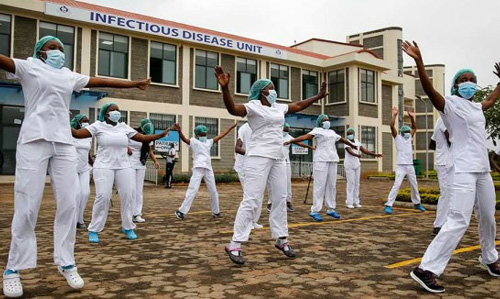Washington
Chinese researchers have successfully identified multiple highly potent neutralizing antibodies against SARS-CoV-2, the virus that causes COVID-19, from convalescent plasma by high-throughput single-cell sequencing, according to a new study.
Generated by the human immune system, neutralizing antibodies can effectively prevent viruses from infecting cells. New results from animal studies showed that neutralizing antibodies provide a potential cure for COVID-19 as well as a means for short-term prevention, which marks a major milestone in the fight against the pandemic.
According to the research team, led by Sunney Xie, director of the Beijing Advanced Innovation Center for Genomics at Peking University, antibody drugs, as a kind of biologics, have been successfully applied to treat viruses like AIDS, Ebola, and MERS. However, it is often time-consuming to develop neutralizing antibodies suitable for clinical use, taking months or even years. By using their expertise in single-cell genomics, the team collaborated with researchers at Beijing YouAn Hospital to collect blood samples from over 60 convalescent patients, among which 14 highly potent neutralizing antibodies were selected from 8,558 antigen-binding IgG1+ clonotypes. —APP







